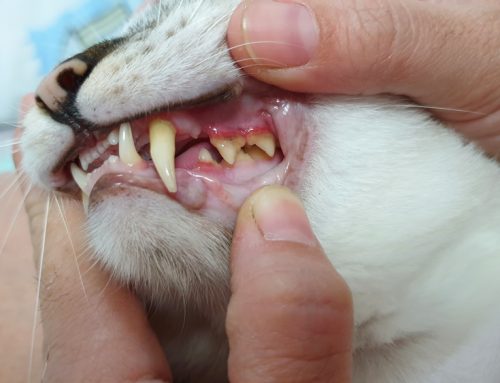The New Year is a popular time to evaluate your habits and choose activities you’d like to do more of—or not do at all—to make positive life changes. Your pet can also benefit from similar resolutions. Our Lebanon Animal Hospital team offers pet resolutions that will empower pet owners to improve their pet’s health and wellbeing. You still have time to make resolutions that will help make 2023 the happiest—and healthiest—year yet for your pet with our “more” or “less” pet-friendly New Year resolutions.
MORE exercise with your pet
We all know that exercise is a crucial component of our mental and physical health. This year, develop a daily exercise routine that you and your pet can do together—and stick to—each day.
Exercising together benefits your health, and your pet’s, and joint fitness goals can be much more motivating. Plus, exercise provides you and your pet with not only physical, but also mental and social benefits, and strengthens your bond.
Your exercise routine doesn’t need to be complicated. A daily morning walk—ideally 15 to 30 minutes, depending on your pet’s breed, health, and fitness level—will do wonders for your overall health and wellbeing. If you do not have time for a walk, grab your pet’s favorite toy or ball and squeeze in a game of fetch. Whatever you choose, get moving, stay consistent, and have fun.
LESS boring days for your pet
While we are busy rushing around to school, work, and social activities, our pets can easily get bored, which can lead to trouble. A bored pet will make their own fun that is not likely the kind that will meet your approval. Bored pets typically engage in “fun”—but destructive— behaviors, such as chewing furniture and shoes, shredding pillows, or decorating your home with toilet paper. A pet who is bored may also have physical issues, such as stress, idiopathic cystitis, overgrooming, and overeating. Stave off boredom and help ensure your pet is physically and mentally healthy by providing appropriate mental enrichment activities, such as:
- Puzzle toys — Puzzle toys that use food treats to stimulate and hone your dog’s problem-solving skills will keep your pet’s mealtime interesting.
- Hide and seek — Hide kibble or treats around the house for your pet to find.
- Novelty — Pets eventually tire of playing with even their most favorite toy, so rotate toys frequently.
- New environments — Sometimes on your daily walks, head off to an area your pet has never visited. Explore the new environment, giving your pet plenty of time to sniff along the way.
- Playdates — Pets are social by nature, so fulfill their social needs according to their comfort level with playdates with a friend and their pet, or a visit to the local dog park to socialize, exercise, and have fun.
MORE preventive pet care
The best way to help ensure your pet’s good health and increase their overall quality of life and longevity is a proactive approach, and the best proactive approach is an annual wellness and preventive care examination. Don’t wait until your pet seems ill—rather, schedule your pet’s wellness screening with our veterinary team as soon as possible. Your pet’s annual wellness exam will include:
- Checking for early signs of health issues — Pets are experts at hiding disease signs, so regular wellness screenings are essential for detecting problems early, when they are easier to manage and treat. Early detection also typically provides a better prognosis for your pet.
- Weight monitoring — Regular wellness screenings include a professional veterinary weight assessment to determine if your pet needs to lose, gain, or maintain their weight.
- Blood work — Regular blood work helps us compare your pet’s results with their baseline values and detect changes early.
- Parasite protection — Every environment carries parasites such as fleas, ticks, and various worms that can cause mild to severe disease, and pets need annual parasite testing and year-round parasite preventives for protection.
- Infectious disease protection — Vaccinations also are important—and some are legally required—to protect your pet from serious diseases, such as rabies and distemper, and an annual wellness visit makes keeping vaccines up to date easy.
LESS high-calorie pet treats

More than 50% of U.S. pets are considered overweight or obese, often because owners demonstrate their love for their pet with too many high-calorie, low-nutrition treats. But, no more than 10% of your pet’s daily calorie intake should come from treats, so this year, treat your pet with low-calorie options, such as baby carrots, green beans, broccoli, and tiny lean meat pieces.
We hope you and your pet can spend more time together in 2023, doing activities you love that also focus on health and happiness. Jump start your pet’s best health and happiness this year by scheduling their wellness exam as soon as possible. Contact our Lebanon Animal Hospital to make an appointment.








Leave A Comment